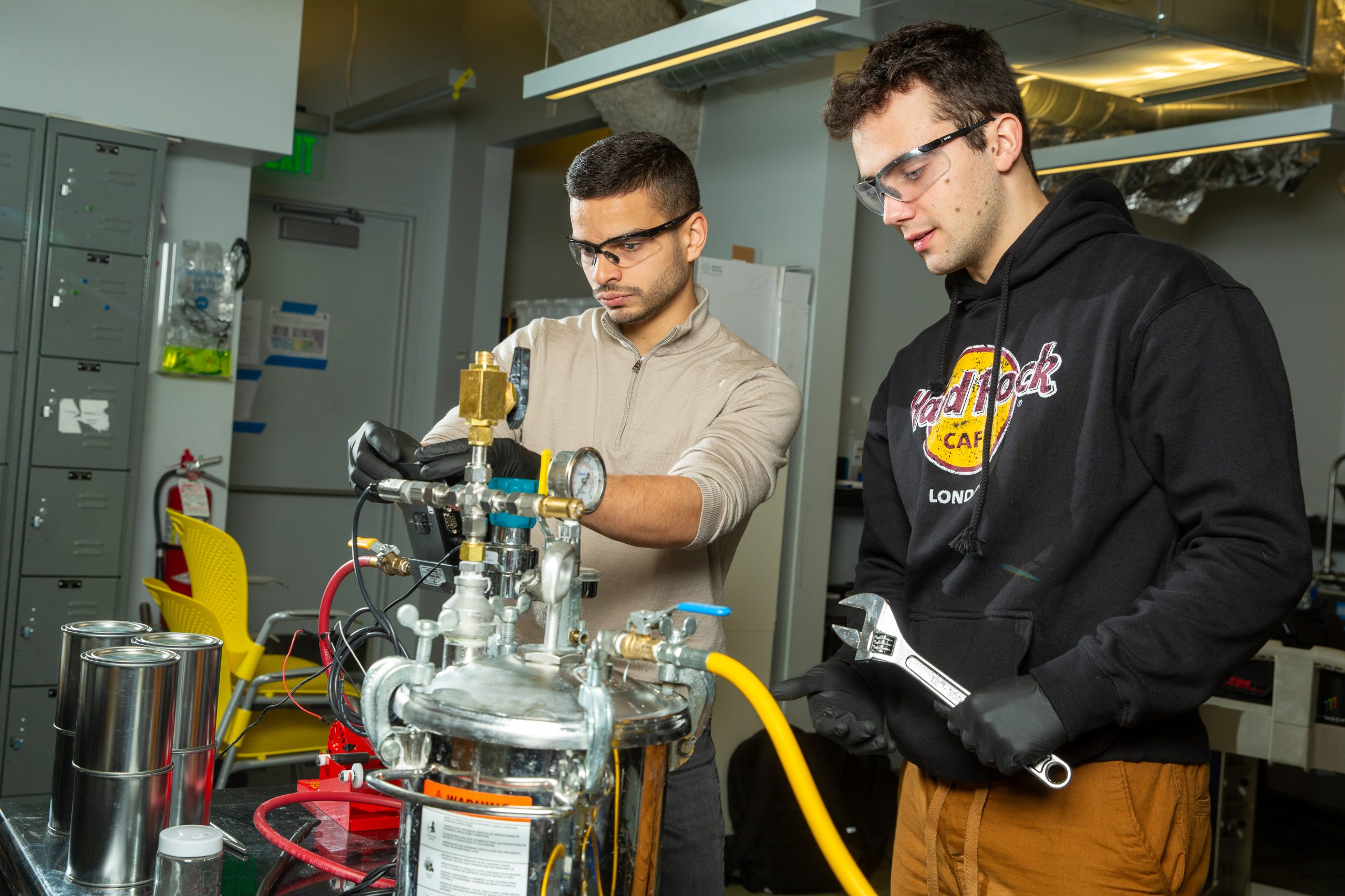The Slow Money movement aims to change financial markets — and enhance well-being — through investments in local food systems.
Amy Domini | September 2010 issue
On May 6, 2010, the world of Wall Street went crazy. A sudden frenzy of selling began. Fine blue chip stocks plummeted to levels dramatically below their opening prices. The Dow Jones Industrial Index fell by more than 1,000 points in about half an hour. Volume more than doubled. Traders began frantically searching for an answer. Had there been a nuclear accident? Could the President have been shot? Eventually, it became clear; nothing had happened.
But while there may have been no reason for the drop, there was a cause: high-frequency computer (sometimes called algorithmic) trading. Computers make decisions faster than people do, so it had been only a matter of time before Wall Street firms started depending on them. By using sophisticated algorithms, computers can assess numerous tidbits of information, determine a course of action and execute it in less time than it takes to blink an eye.
How bad was it? Well, the Wall Street Journal reported that shares of consulting company Accenture traded at $39.98 at 2:46 p.m., $38 at 2:47, and one cent at 2:49 p.m. By 2:50 p.m., the stock was back up to $39.51. That is nuts. That is a casino.
Responsible investors have long argued for greater regulation of financial markets and for a greater connection between securities trading and human well-being. We argue that finance is only there to grease the wheels of commerce and that if it fails in this prime purpose, finance needs to change. But recently, a new school of thought is emerging to pursue this argument to a much further degree: the Slow Money movement.
Slow Money is a very simple idea. “Our goal: a million Americans investing 1 percent of their assets in local food systems … within a decade,” according to the website. Slow Money argues that the reason we have a system of money is to provide ourselves with sustainable and pleasant lives. Core to realizing this is the support of sustainable local food sources. And so we can once again know our butcher, baker and furniture makers, all the while eating much more healthily without degrading the Earth.
High-impact investing can take many forms. It can be a deposit in a community development bank or credit union, which makes money available to lend for high impact in underserved communities. A few organic farming cooperatives and fair trade groups sell preferred stock to support themselves. Some venture capital pools focus on newer, greener businesses. A network of green builders has begun meeting. Financial leaders are discovering that these ideas, which have been developing separately, are part of a larger philosophy, the Slow Money concept.
I often speak of the world of financiers as being similar to a set of horses dragging a stagecoach as they stampede across the landscape. It really doesn’t matter where these beasts end up; those on board are doomed. It is only through an orderly movement in a pre-determined direction that the results are good.
How do you get a set of runaway horses to behave? In the old cowboy movies, the hero would ride up, grab the lead horse by the harness and moderate the pace and direction. In fact, this is my goal for socially responsible investments. I hope that our actions influence the behavior of financial firms and lead to a better way. I hope our actions bring the passengers on that coach (the family of humankind) to an appropriate destination.
Where does Slow Money fit in all this? It reminds us that in the end, a pleasant experience as we travel through life is more than just enough; it is a goal to be celebrated. If you can afford it, why not invest innovatively at the local level? One percent would make a world of difference.
So now, when I read the financial pages and learn that today the market is up despite weakness in the euro and yesterday the market was down because of weakness in the euro, I can smile. I know that an ever-increasing number of people are choosing the Slow road. Slow Food came first, the antidote to fast food. Slow Cities then introduced the antidote to crowded hubs. Now Slow Money arrives to allow us to reconsider the way we invest even beyond responsible investing, right down to the local level.
Amy Domini is the founder and CEO of Domini Social Investments, and author of several books on ethical investing.











